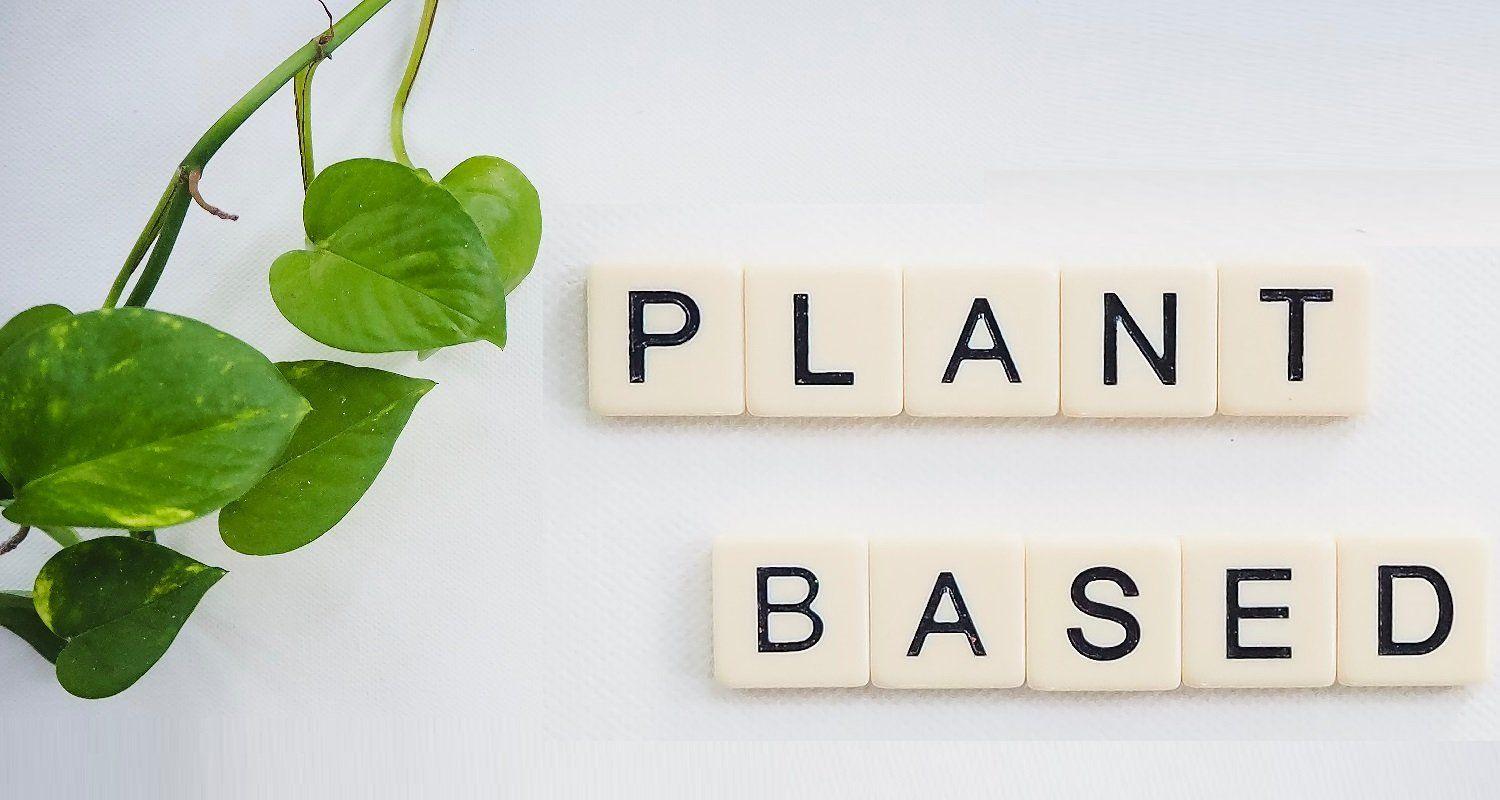You may have seen one of your favourite celebrity report that they have gone ‘vegan.’ American stars Zac Efron and Ariana Grande, for instance, credit their energy and looks to this diet. Even Tennis superstar Serena Williams has not been left behind. Perhaps you know of a family member or friend who has decided to embrace the trend. You might even be thinking of jumping on the bandwagon yourself.
Veganism has become a common buzzword as people put more emphasis on health and wellness. It is reported that over three million Britons have now adopted veganism. London is brimming with vegan-friendly restaurants as the industry seeks to reap from the tide. Events such as ‘Vegan Nights’ have become the norm.
But what exactly is veganism?
When we hear the word ‘veganism,’ we likely associate it with a type of diet or a way of eating. This is indeed a big part of it, but veganism is much more than food. According to the Vegan Society, veganism is a way of life that ‘seeks to exclude as far as is possible and practicable, all forms of exploitation of, and cruelty to, animals for food, clothing or any other purpose.’
This means that vegans consciously avoid foods, clothing, or any other products (such as makeup) derived from or tested on animals. It is important to note that in the UK (and much of the world), medicine must be tested on animals before humans can consume it. The Vegan Society does not advocate that vegans avoid medication, of course, but advise them to request doctors for alternatives that do not include animal components such as gelatin.
The vegan diet, however, is the most significant aspect of veganism. It is a consciously plant-based diet that consists of grains, nuts, seeds, pulses, and fruits- basically foods that come from plants. Vegans do not eat any animal products, including eggs and dairy products like cow milk and cheese.

What is the difference between vegans and vegetarians?
You may not be sure what the difference is between a vegetarian and a vegan. The former does not eat meat, e.g., beef or chicken, while the latter avoids animal products in totality. This means that a vegetarian will not eat chicken but can eat eggs, or does not partake beef but drinks cow milk. A vegan, on the other hand, would not eat the meat or resulting products like milk, honey, or eggs.
Why is the Vegan Movement Growing?
It is evident that veganism became a mainstream movement. This is driven by several factors which include:
- Social media influence
Like it has done to other industries, the advent of social media has completely changed the way people see veganism. In the past, it suffered the image of dull and with limited in taste and variety.
Now social media influencers on Instagram and YouTube share vibrant and delicious vegan meals, complete with recipes and demo videos. Others present their take on popular dishes such as pizza and shepherd’s pie using locally available plant-based ingredients.
Events such as ‘Veganuary’ have become increasingly popular. Veganuary is a charity registered in the UK that encourages people to go vegan in January. It reports that 900,000 participants and over 600 businesses have taken place since 2014.
By showcasing veganism as a hip, healthy, delicious, and responsible way of eating, social media is driving the movement forward.

- Health considerations
As people become more conscious of what they eat vis-à-vis their health, veganism is proving to be a viable option. The British Dietetic Association supports a vegan diet, confirming that a ‘well-planned’ diet can contain all the nutrients that our bodies need.
According to the American Journal of Clinical Nutrition, the vegan diet has many health benefits as it has higher fiber, mineral, and vitamin content. It also contains lower cholesterol and less saturated fat. The Journal further confirms that vegans are generally thinner, have lower blood pressure, and at a lower risk of heart disease.
It is worth mentioning that there has been a concern for vegans being at risk of developing several deficiencies due to their diet. Examples include iron, calcium, Vitamin D, and vitamin B12. In this case, they may need to take dietary supplements, fortified ingredients, or more of the foods that contain the said elements.
- Ethical & Environmental Considerations
It is not often that we think of how the meat we eat ended up on our plate. Most people who go vegan have taken a moral stand against possible exploitation or hurting of animals both in their rearing and slaughter. They are also conscious of the environmental impact of eating animal-based foods.
A good number of new converts admit being disgusted by Netflix documentaries such as Cowspiracy and other similar shows. Cowspiracy, for example, highlights the impact of animal agriculture on the environment. Keeping animals for meat impacts the environment heavily, contributing to global warming, land degradation, deforestation, and water scarcity.
Animal factories spell doom for hundreds of ‘useless’ animals such as male calves, which a dairy farmer has no use for, for instance. Male chicks are also likely to face the same fate, as do dairy cows whose milk production has gone down. Further, caging animals until they are ready for slaughter undoubtedly causes them suffering.

________________________________________________________
Conclusion
Statistics show that plant-based food sales in the UK had gone up by 1500% by 2016, and no doubt, this has only increased. Demand for non-dairy products has also risen exponentially, and by the end of 2020, the global meat-alternative market will have hit $5.2 billion.
It is evident that big businesses are taking advantage of this trend, not only fuelling but validating it. Ben & Jerry, for instance, has come up with three vegan deserts, including the beloved chocolate fudge brownie. People were queuing at the doors for when Gregg's launched their vegan alternatives. Restaurants are now listing more vegan options, with some ultimately going the vegan way.
It is safe to say that unlike fad diets, that come and go, veganism is not a trend, but a way of life, and as with any lifestyle choice, there is a conscious decision and is here to stay.

________________________________________________________





